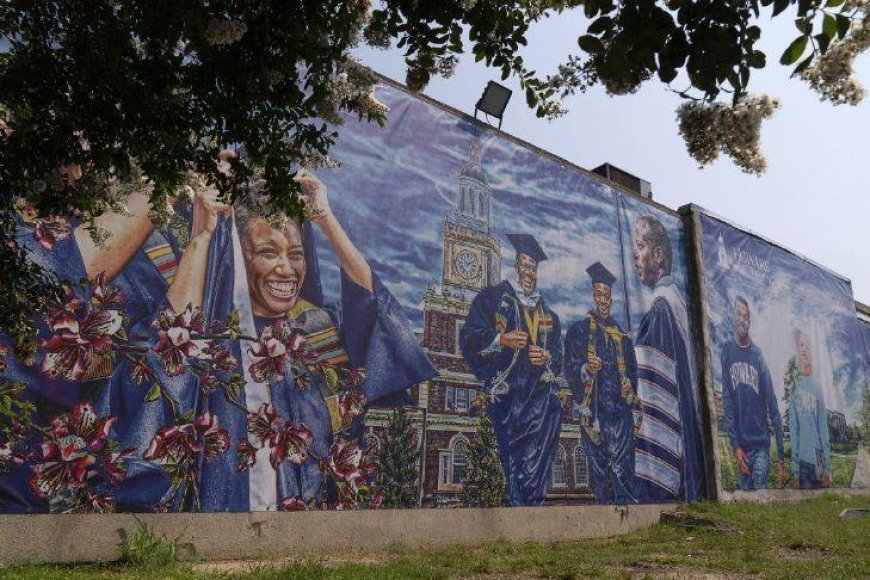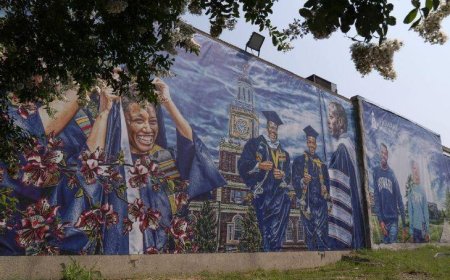HBCU & Black Community Radio Stations Under Siege: Billion-Dollar Funding Cuts Threaten Cultural Lifelines
Congressional budget slashes over $1 billion from public media funding, imperiling crucial radio stations at historically Black colleges and universities and robbing Black communities of vital platforms for culture, news, and employment.

Relevance to Black Community: High Impact. Cuts to funding directly threaten platforms essential for Black representation, employment, and cultural affirmation.
A Blow to Black Voices
Historically Black colleges and universities (HBCUs) and Black community radio stations across the country are bracing for severe impacts after Congress approved a budget that strips over $1 billion from public media funding. Stations such as Houston's beloved KTSU-FM, housed at Texas Southern University, are now facing existential threats that jeopardize their roles as cultural cornerstones.
What This Means for HBCUs and Black Communities
These cuts mean more than just tightening belts; they threaten entire ecosystems of Black cultural production, news dissemination, and community engagement. Stations like KTSU and others nationwide are often the only media outlets deeply attuned to the specific needs, concerns, and cultural expression of Black communities.
"These stations aren’t just about entertainment," said Dr. Alicia Grant, professor of Communications at Howard University. "They provide vital, culturally-specific news and dialogue—serving as trusted voices in communities historically ignored or misrepresented by mainstream media."
Economic and Educational Consequences
Beyond the cultural loss, the economic implications are also severe. These radio stations serve as critical training grounds, offering employment and professional development opportunities for Black youth pursuing careers in media, journalism, and communication.
Dr. Kenneth Moore, station manager at KTSU-FM, underscored the stakes: "Cutting funding means cutting opportunities for our students. We nurture future leaders in media, and now those pathways are in jeopardy."
Community Pushback and Mobilization
Community leaders, activists, and alumni groups from affected HBCUs are mobilizing to reverse or mitigate the impacts of these cuts. Campaigns like "Save Black Radio" are calling for community action, pressing lawmakers to restore funding and emphasizing the irreplaceable role these stations play.
"Our communities have historically relied on these stations during crises, celebrations, and for daily connection," said community activist Marcus Jennings. "If we lose these platforms, we lose parts of ourselves."
A Call to Action
The message from advocates is clear: This funding cut is not just another budgetary adjustment—it’s a direct threat to Black cultural representation and autonomy. Grassroots campaigns urge immediate public engagement, petitioning Congress to prioritize the survival of stations vital to the cultural fabric of Black America.
In a landscape already challenged by systemic underfunding and marginalization, protecting these platforms is more urgent than ever. Black communities nationwide are determined to ensure that their voices will not be silenced, rallying with the fervent hope that their cultural lifelines endure beyond budgetary battles.
What's Your Reaction?
 Like
0
Like
0
 Dislike
0
Dislike
0
 Love
0
Love
0
 Funny
0
Funny
0
 Angry
0
Angry
0
 Sad
0
Sad
0
 Wow
0
Wow
0





